Tehran launched more than 100 drones at Israel on Friday morning, Israel’s military said, not long after Israel announced it had begun a major operation against Iran, with a wave of airstrikes targeting Iranian nuclear facilities, scientists and senior military commanders.
Israel Defense Forces (IDF) spokesman Brigadier General Effie Defrin said in televised remarks that Iran had launched the drones, and that Israel’s air defenses were already “working to intercept the threats.” Later Friday, an Israeli military official told reporters that while the threat wasn’t over, Israel had managed to intercept many of Iran’s UAVs.
The U.S. was not involved in Israel’s strikes, Secretary of State Marco Rubio said, adding a warning that “Iran should not target U.S. interests or personnel.”
Israel has intercepted virtually every Iranian weapon launched in previous large-scale attacks by the Islamic republic. The retaliatory action by Iran was long anticipated and well planned for, Defrin said.
IRGC/Handout
Israel says it destroyed Iran’s air defenses, killed top commanders
Earlier Friday, Israeli Prime Minister Benjamin Netanyahu announced that the IDF had begun “Operation Rising Lion,” with a massive wave of airstrikes against dozens of Iranian nuclear sites, military commanders and research scientists, saying the goal was to “roll back the Iranian threat to Israel’s very survival.”
Like Netanyahu, IDF spokesman Brigadier General Effie Defrin, in a video statement delivered Friday, called the attack on Iran preemptive, saying Israeli intelligence had uncovered an Iranian “plan to destroy Israel that has taken shape in recent years.” He said that plan involved Iran “racing towards a nuclear bomb,” working to double or triple its ballistic missile stockpile, and continuing to “finance, arm, and operate its proxies throughout the Middle East against the State of Israel.”
“I can confirm that the senior security leadership of the Iranian regime has been eliminated in the strike: the Iranian Chief of Staff, [Mohammad] Bagheri; the Commander of the Revolutionary Guards, [Hossein] Salami; and the Head of the Emergency Command, [Gholamali] Rashid,” Defrin said, adding that other commanders had been killed and that Israeli would provide further updates. He said Israel had “targeted and struck the Iranian regime’s aerial defense arrays.”
The IDF said its operation would continue for days, but that the first wave consisted of 200 Israeli fighter jets dropping “over 330 different munitions,” to hit more than 100 targets in Iran.
NATO chief urges de-escalation, says nuclear clash “not close”
Iranian state media said the Israeli strikes had hit several cities, including in the capital of Tehran and the city of Natanz, a key center for Iran’s uranium enrichment program.
The United Nations’ nuclear watchdog agency, the IAEA, said in a series of social media posts that its Director General Rafael Grossi had been in contact with Iranian authorities on Friday who told him the country’s highly-sensitive and highly-secured Fordo nuclear site “has not been impacted” by the Israeli strikes.
The IAEA also said Iran’s “Bushehr Nuclear Power Plant has not been targeted and that no increase in radiation levels has been observed at the Natanz site,” though reports by Israeli media suggested it had been seriously damaged.
AFP via Getty
On Friday, during a visit to Sweden, NATO Secretary-General Mark Rutte told reporters that “this was a unilateral action by Israel. So I think it is crucial for many allies, including the United States, to work as we speak to de-escalate.”
Despite the ongoing attacks, Rutte said he believed the region was “not close” to a possible nuclear conflict.
While there have been no claims that Iran has yet built a nuclear weapon, Israel is believed to have multiple warheads, though it has never formally confirmed nor denied its status as a nuclear-armed nation.
Iranian officials quickly threatened retaliation to the attack, with Supreme Leader Ayatollah Ali Khamenei saying Israel “should await a harsh response.”
The IDF said in a statement before Iran’s retaliatory strikes that it had prepared for “a campaign on the frontline and on the home front.”
Netanyahu said Israel’s strikes against Iran, “will continue for as many days as it takes to remove this threat.”
Shortly after Israel’s strikes, the U.S. Embassy in Israel ordered American personnel to shelter in place. A day beforehand, the Trump administration ordered non-emergency U.S. personnel to leave Iraq and allowed U.S. military family members to leave the Middle East voluntarily.
Friday’s back-and-forth could escalate to be among the most severe clash between Israel and Iran, which have been adversaries for decades. Mr. Trump warned earlier in the week that it could snowball into a “massive” conflict.
Israel has carried out strikes against Iranian proxies in recent years, while Iran has backed foes of Israel, including the militant group Hamas. In April of last year, Iran launched missiles and drones at Israel after a strike on Iran’s consulate in Damascus was widely attributed to Israel, but the Israeli military intercepted the vast majority of the weapons.
Six months later, Iran launched more missiles at Israel, which retaliated with strikes on Iranian sites.
Israeli attack casts doubt on fate U.S.-Iran nuclear talks
The Israeli strikes and Iranian counterattack came amid efforts by President Trump to strike a new deal with Iran to limit the country’s nuclear ambitions — an idea Israel has long been dubious of.
The U.S. and Iran were set to hold talks Sunday, multiple U.S. officials told CBS News. There was no immediate comment from any high-ranking Iranian officials that those plans would change after Israel’s attack, but some reports in Iranian media outlets indicated Iran would likely no longer participate in the negotiations.
“With Israel’s actions, the sixth round of negotiations with the United States will probably not be held,” Iranian lawmaker Aladdin Boroujerdi, a member of parliament’s National Security and Foreign Policy Commission, said, according to Iranian media.
Michal Ben-Gal, Seyed Bathaei, Jennifer Jacobs and Olivia Gazis contributed to this report.
Seyed Rahim Bathaei
contributed to this report.
iran-launches-drones-at-israel-as-israel-attacks-iranian-nuclear-sites-and-top-commanders-idf-says

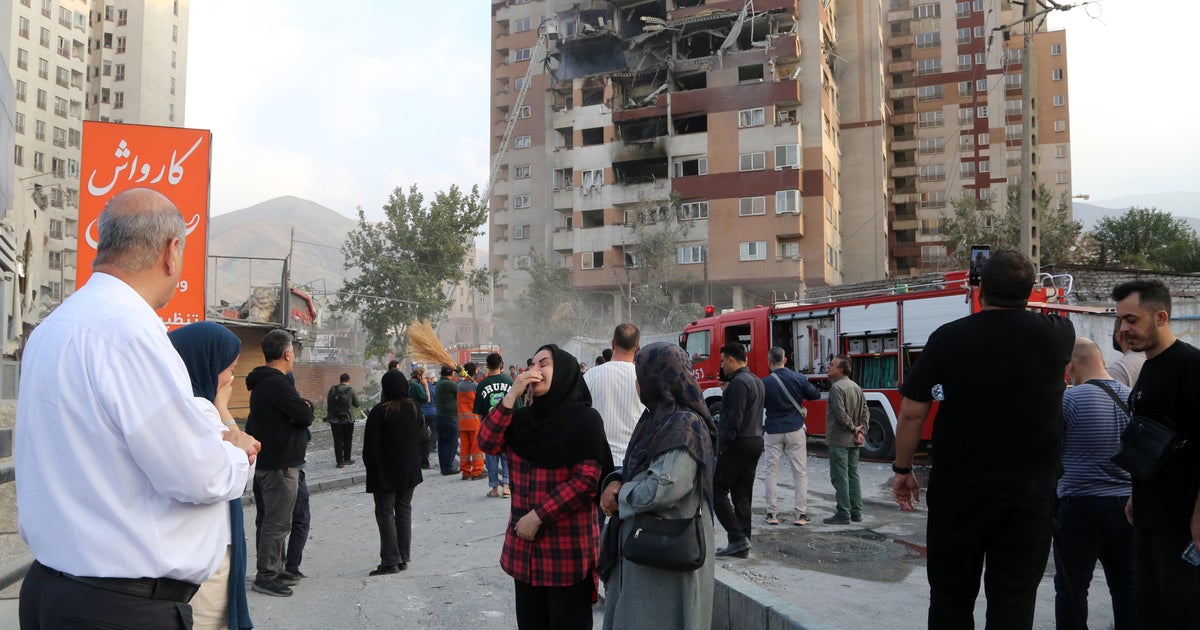


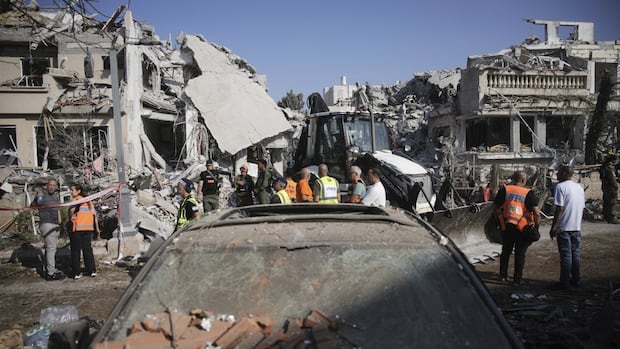
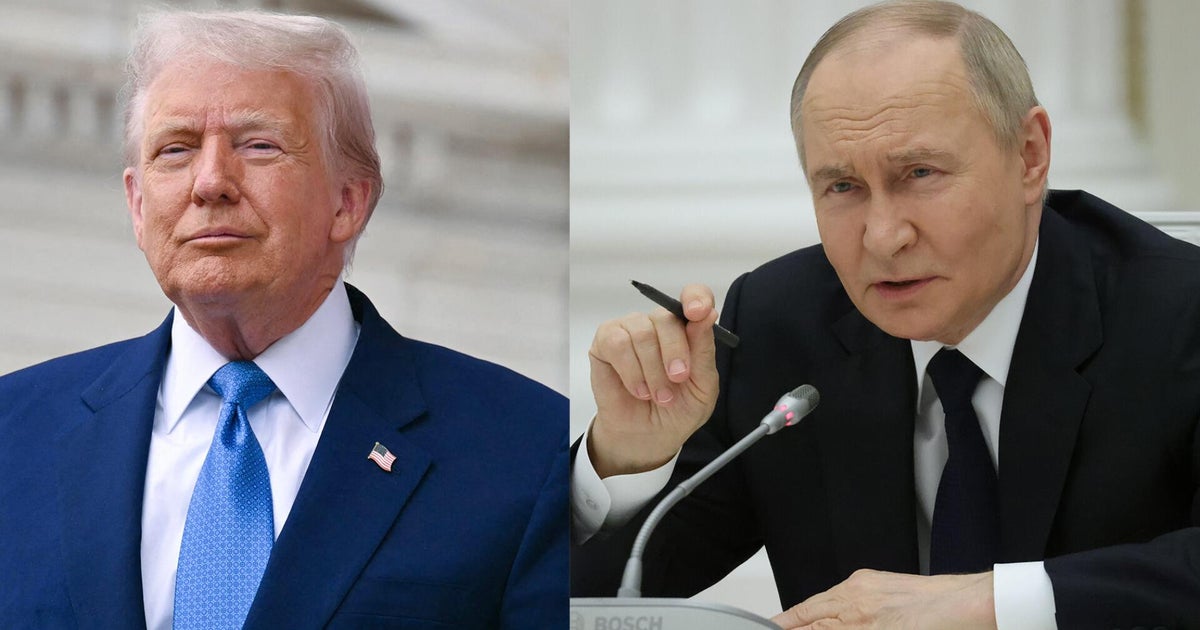
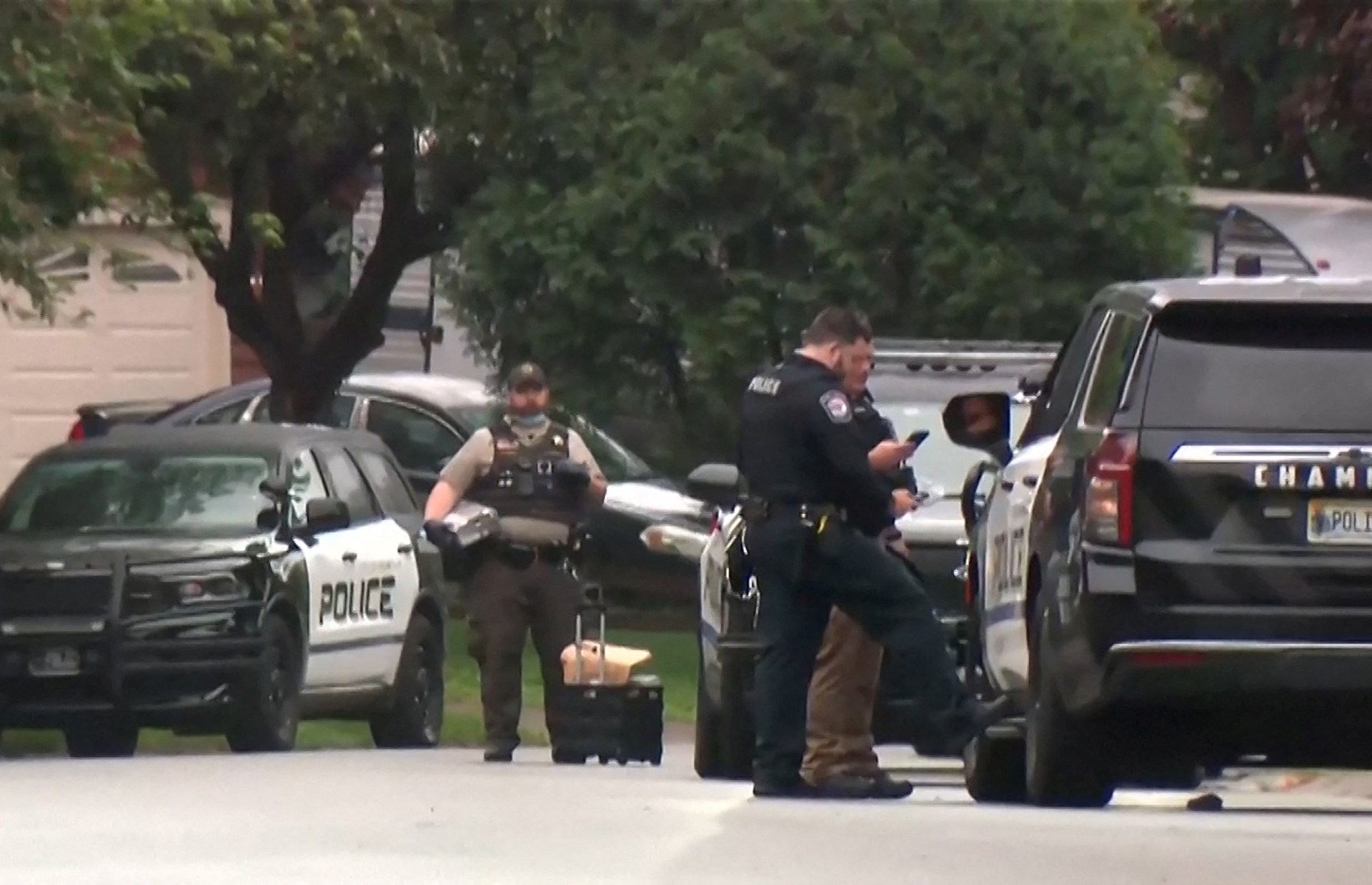



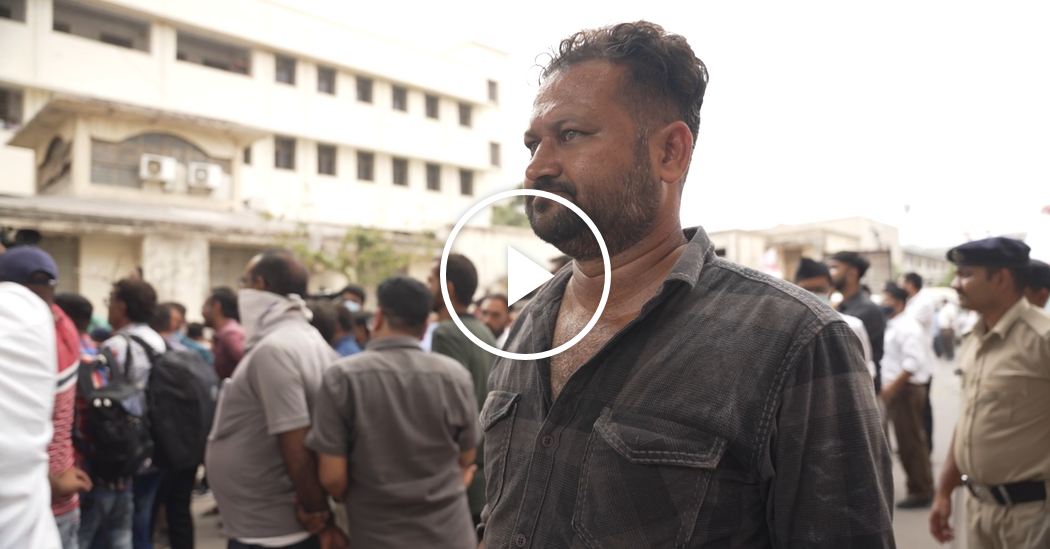
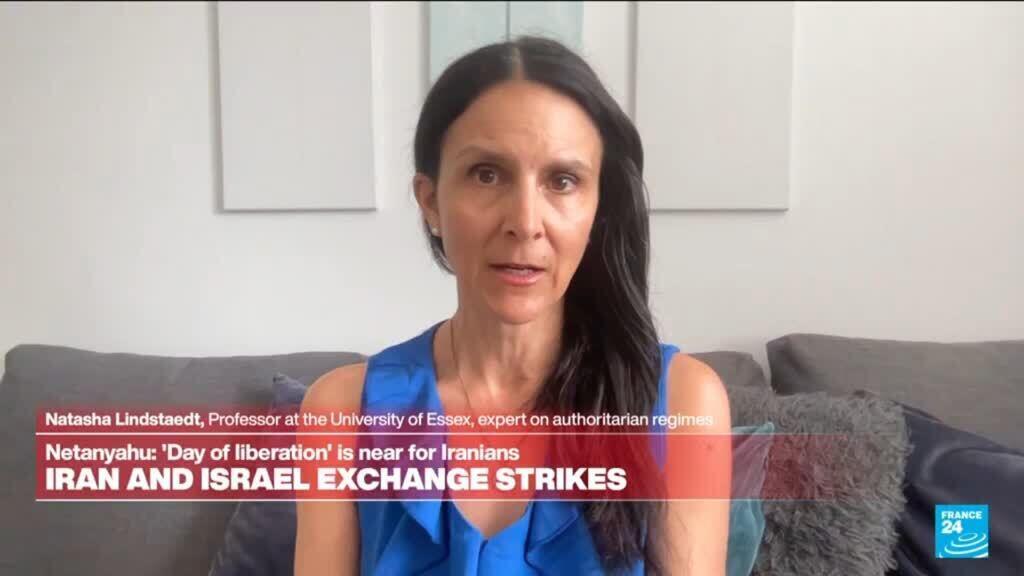
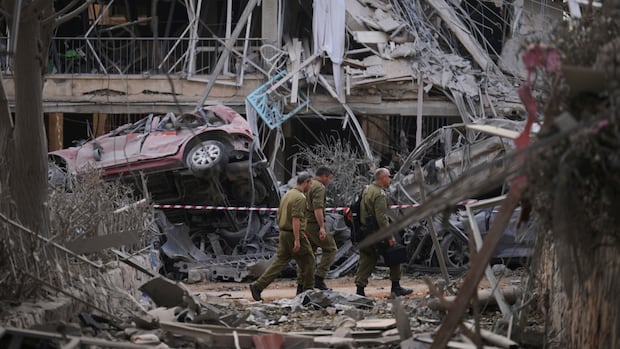
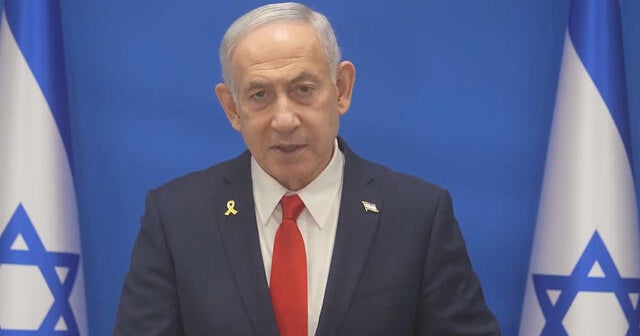


Leave a Reply